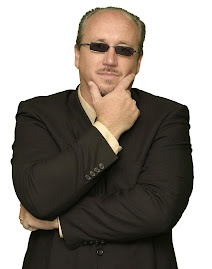I didn’t do it again this week. I promised myself I would get it done and AGAIN, I didn’t. I will put it off again until next week and make sure I do it then. No wait! I have to babysit two days, I have a trip to go on and a bunch of meetings; I will do it the week after.
Why don’t we get things done? What gets in the way of getting things done? It really comes down to five very simple reasons:
The first reason we don’t get things done is because WE DON’T KNOW WHAT TO DO. We know that something is supposed to be accomplished or fixed but we don’t know what that SOMETHING is. I know that when I plug something into that outlet it would work but it doesn’t. What do I do? It is an IGNORANCE problem.
The second reason is that WE DON’T KNOW HOW TO DO IT. Here we know WHAT to do but don’t know HOW to get do it. I know that there is a wire not completing the circuit somewhere to cause that plug not to work but I don’t know how to get at it or where that wire is. How do I do it? It is an EDUCATION problem.
The third reason we don’t get things done is because WE DON’T HAVE THE AUTHORITY to do it. I would love to fix that outlet but it is in my neighbor’s house. It is an PERMISSION problem.
The fourth reason is that WE DON’T HAVE THE RESOURCES to complete it. I misplaced my screwdriver and my hot wire tester thingy so I can’t get it done. It is a PREPAREDNESS problem.
The fifth and final reason we don’t get things done is REALLY the main reason we don’t get things done. That is WE ARE AFRAID. Every time I open up a wiring outlet I get ZAPPED or when I open up one I cause two more problems to pop up. Fix one thing and two more don’t work. It is a FEAR problem.
So, once you figure out what’s getting in the way of the task you need to complete you should find it easier to get it done. What is the answer to why you don’t get things done? Your stuck?
Stuck is a state of mind, and it is curable. Let’s get unstuck together this week.


